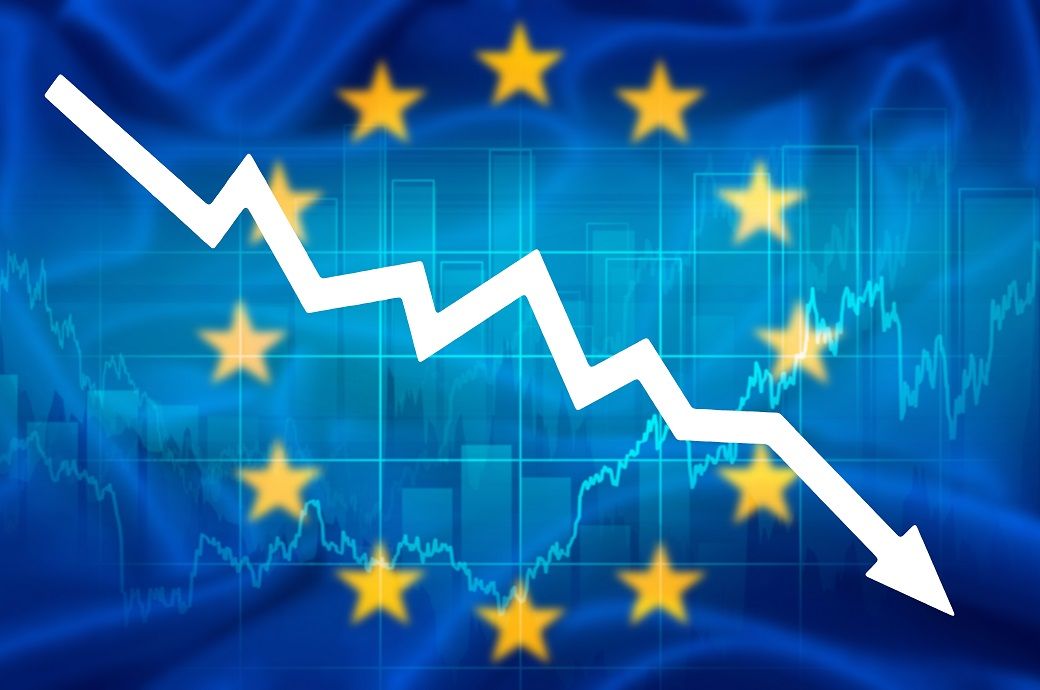Euro area LEI falls in June, signals persistent economic weakness: TCB


In contrast, the Coincident Economic Index (CEI), which gauges the current state of the economy, rose by 0.2 per cent in June to 109.9. This follows an unchanged reading in May and brings the CEI’s total growth for the first half of 2025 to 0.6 per cent, slightly higher than the 0.4 per cent improvement seen in the previous six-month period, TCB said in a press release.
The Conference Board LEI for the euro area fell 0.5 per cent in June 2025, marking a 2.6 per cent decline in H1, though slower than H2 2024. The CEI rose 0.2 per cent, indicating modest growth.
Despite easing recession signals, broad weakness persists across LEI components.
The Conference Board projects euro area GDP to grow by 0.9 per cent in 2025, unchanged from 2024.
“The euro area LEI continued to decline in June,” said Stephanie Guichard, senior economist, at The Conference Board. “As in recent months, all non-financial components weighed on the Index, especially consumer confidence and volume of order books but also business expectations in both the service and manufacturing sectors. The positive yield spread and improvements in the systemic stress indicator mitigated the depth of overall Index’s decline.”
While the LEI’s six-month growth trajectory no longer signals recession risks, the widespread weakness across its components continues to point to economic headwinds.
Following strong growth in Q1, the Conference Board does not expect the momentum to have continued into Q2 and project euro area gross domestic product (GDP) to grow by just 0.9 per cent in 2025, unchanged from 2024.
Fibre2Fashion News Desk (SG)
